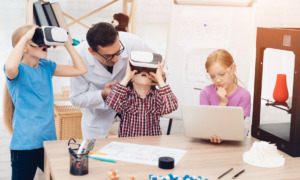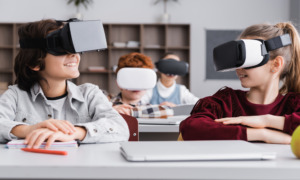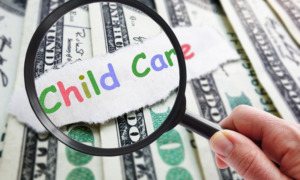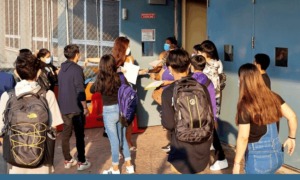
KochnevaTetyana/Shutterstock
.
The world is changing in dramatic ways. Technology, along with political, socioeconomic and environmental forces are reshaping how we live and work. We feel the effects of these disruptions in all kinds of ways; from the emergence of new phones and gadgets to the increased fear of natural disasters. Our daily lives are shifting, even down to the ways we connect with each other, spend money and plan for the future.
This is the world our children are growing up in. As the world changes, our role does not. We are still responsible for creating ways for young people to explore and achieve their greatest potential in life. The world today is at once exciting in its evolutions and innovations as well as terrifying in its unpredictability.
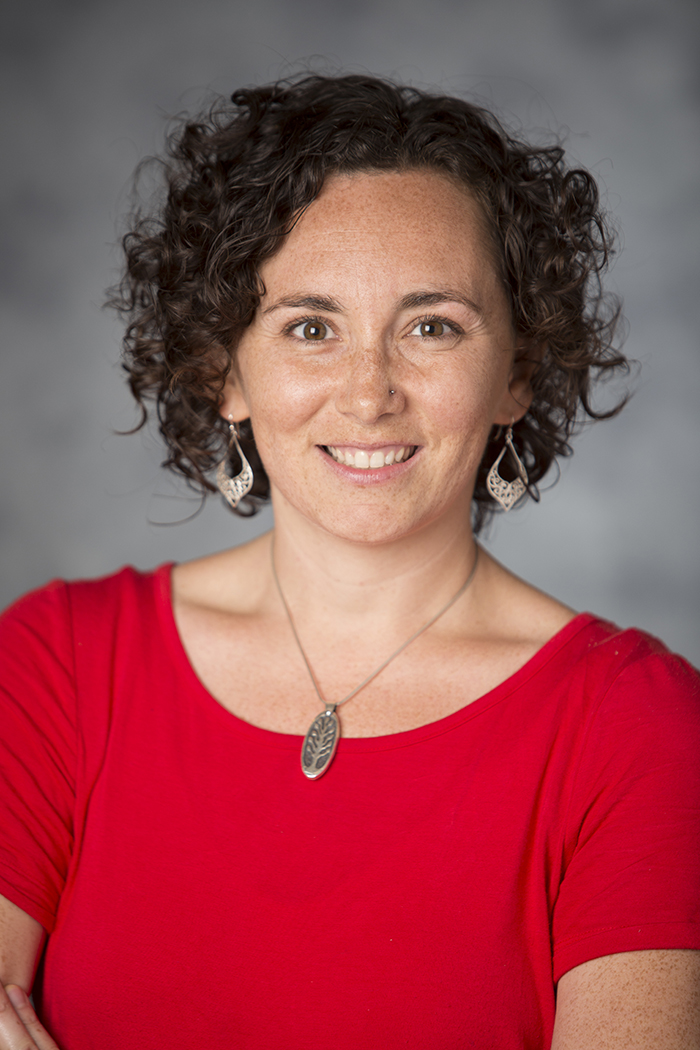
Stephanie Malia Krauss
What do our young people need to navigate today’s realities and tomorrow’s world?
As we wrap up our series on student-centered learning, we will turn our focus to a new series on what tomorrow’s future means for our young people and what it takes to do well and get ahead.
We will examine four kinds of “currency” young people need in these changing times. Over the next few months, I will offer stories and questions about where and how young people acquire this currency, and what happens when they don’t have enough. We will reflect on what this means for young people in general, and more specifically for young people who already lack resources and opportunities.
Four types of currency that “buy” success in tomorrow’s future:
- Cash: the money and assets you need to get by and get ahead. We will think about scarcity, intergenerational disadvantage and what new economic innovations and ideas — such as cryptocurrency — mean for today’s young people.
- Competencies: the knowledge, skills and abilities that are most important to live, learn and work. We will consider which competencies count more than others.
- Connections: the relationships and networks that help us in life and at work. We will consider why who you know really matters.
- Credentials: the degrees and certificates young people earn beyond high school. We will think about which credentials really matter and whether they need to be earned from a college or university.
Once we understand the currency needed to do well and get ahead in today’s workforce and world, we will explore what this means for us — as youth workers, teachers, community leaders and parents. Should we change the services and supports we provide young people, the partnerships we broker or the programs we offer? Are there new or different things we need to be doing or planning for? What must happen now and what can wait?
The world is evolving, and we must too. Our young people (whether your own or the ones you work with) have a story they share with each other, but not with the adults raising them — it is one defined by rapid change, technologies and realities we did not experience in adolescence. Our job is to support and equip these young pioneers as they travel a road into adulthood that looks quite different than our own.
Stephanie Malia Krauss is the director of special projects at Jobs for the Future, focusing on cross-systems approaches to the economic advancement of vulnerable populations, including student-centered learning. She was previously a senior fellow with the Forum for Youth Investment and Corporation for a Skilled Workforce.


